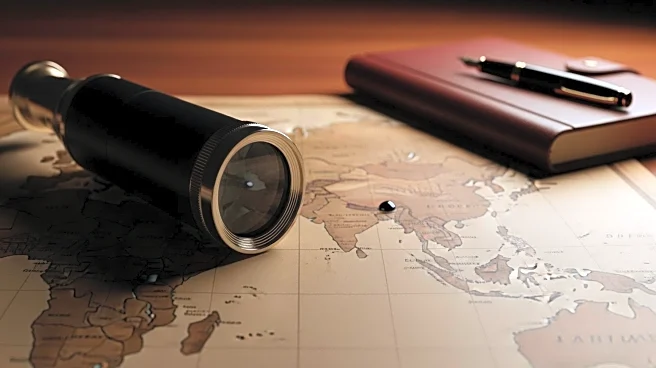Rapid Read • 7 min read
Researchers at the University of Florida Institute of Food and Agricultural Sciences have conducted a study on the global technology platform iNaturalist, which allows users to upload wildlife photos. The study reveals that iNaturalist is increasingly being used for scientific research, with its data growth closely tracking its scientific applications. The platform has been instrumental in rediscovering lost species, mapping plant distributions, and detecting invasive species. The study systematically assesses the scope of iNaturalist data in research, emphasizing its utility in species distribution modeling and range mapping. The platform's community of contributors helps verify observations, which are then shared with the Global Biodiversity Information Facility.
AD
The study underscores the significant impact of citizen science on biodiversity research. By enabling everyday people to contribute data, iNaturalist is helping scientists track biodiversity in ways that traditional fieldwork cannot. This democratization of data collection is crucial for understanding and conserving biodiversity, especially in underrepresented regions and among lesser-studied species groups. The platform's use by conservation agencies further highlights its importance in assessing threatened species and tracking invasive organisms. As participation grows, iNaturalist's impact on science is expected to increase, offering new insights into species behavior and habitat preferences.
The study suggests that iNaturalist data could be strategically paired with other biodiversity data to enhance conservation efforts. As the platform continues to expand, researchers anticipate further integration into biodiversity science, potentially influencing conservation planning, habitat modeling, and species discovery. The ongoing contribution of observations by citizens worldwide will likely play a key role in addressing biodiversity loss, one of the planet's most pressing challenges.
AD
More Stories You Might Enjoy











